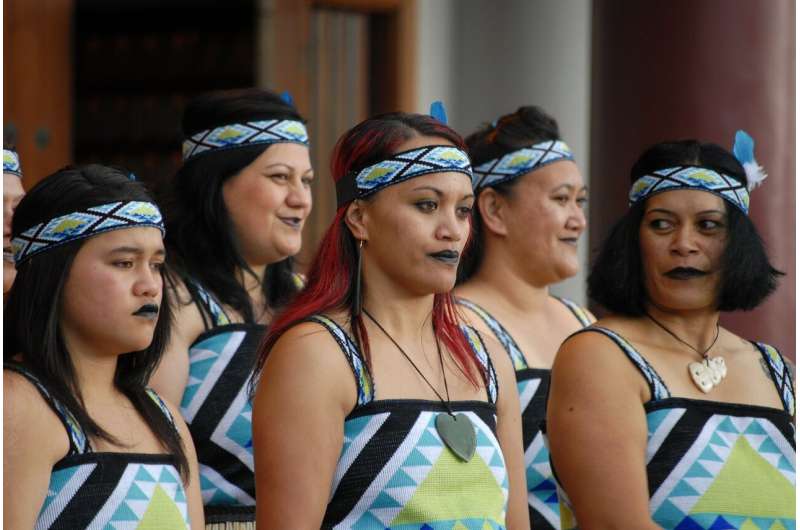This article has been reviewed according to Science X's editorial process and policies. Editors have highlighted the following attributes while ensuring the content's credibility:
fact-checked
trusted source
proofread
New review finds Indigenous people more likely to have a stroke

Indigenous people may be more likely to have a stroke than non-Indigenous people, according to a systematic review that looked at populations around the world. The review is published in Neurology.
Researchers looked at countries with a very high Human Development Index, which measures average achievements in three areas: health, knowledge and standard of living.
"Disparities are especially evident in countries where high average quality of life and long life expectancies are often not mirrored in Indigenous populations," said study author Anna H. Balabanski, MBBS, Ph.D., of Monash University in Melbourne, Australia. "These disparities may reflect inequitable access to resources to prevent and manage stroke."
The systematic review involved 24 studies across seven countries. The countries were Australia, Canada, New Zealand, Norway, Singapore, Sweden and the United States.
Researchers found that Indigenous people were more likely to have a stroke than those who were not Indigenous across six of the seven countries.
In Australia, Aboriginal Australians and Torres Strait Islander people were 70% more likely to more than three times more likely to have a stroke than non-Indigenous people. Aboriginal Australians and Torres Strait Islander people under the age of 55 were more than four times to more than 13 times more likely to have a stroke than non-Indigenous people.
In Canada, Métis people were 40% more likely to have a stroke than non-Indigenous people.
In Norway and Sweden, Sámi people were 8% more likely to more than twice as likely to have a stroke than non-Indigenous people.
In Singapore, Malay people were 70-90% more likely to have a stroke compared to non-Indigenous populations.
In the United States, American Indians were 20% more likely to have a stroke than their non-Indigenous counterparts.
In New Zealand, researchers found that Māori people were statistically more likely to have a stroke than non-Indigenous people only in a single study from 2002-2003.
"This process really highlighted the need for more and better research on stroke in Indigenous peoples," said Balabanski. "For example, there were no studies meeting our criteria from South America, the Middle East or Russia. In addition, future studies should be designed and conducted with oversight by Indigenous peoples to strengthen research efforts and improve outcomes."
This review was undertaken with the oversight of a newly formed International Indigenous Advisory Board consisting of Indigenous researchers from around the world.
More information: Neurology (2024).





















